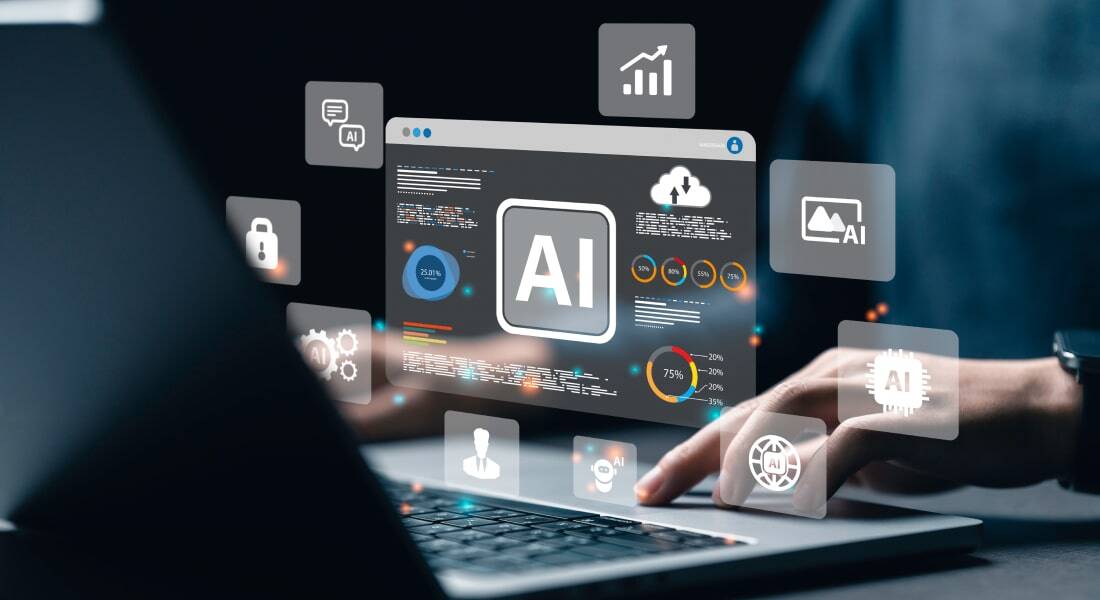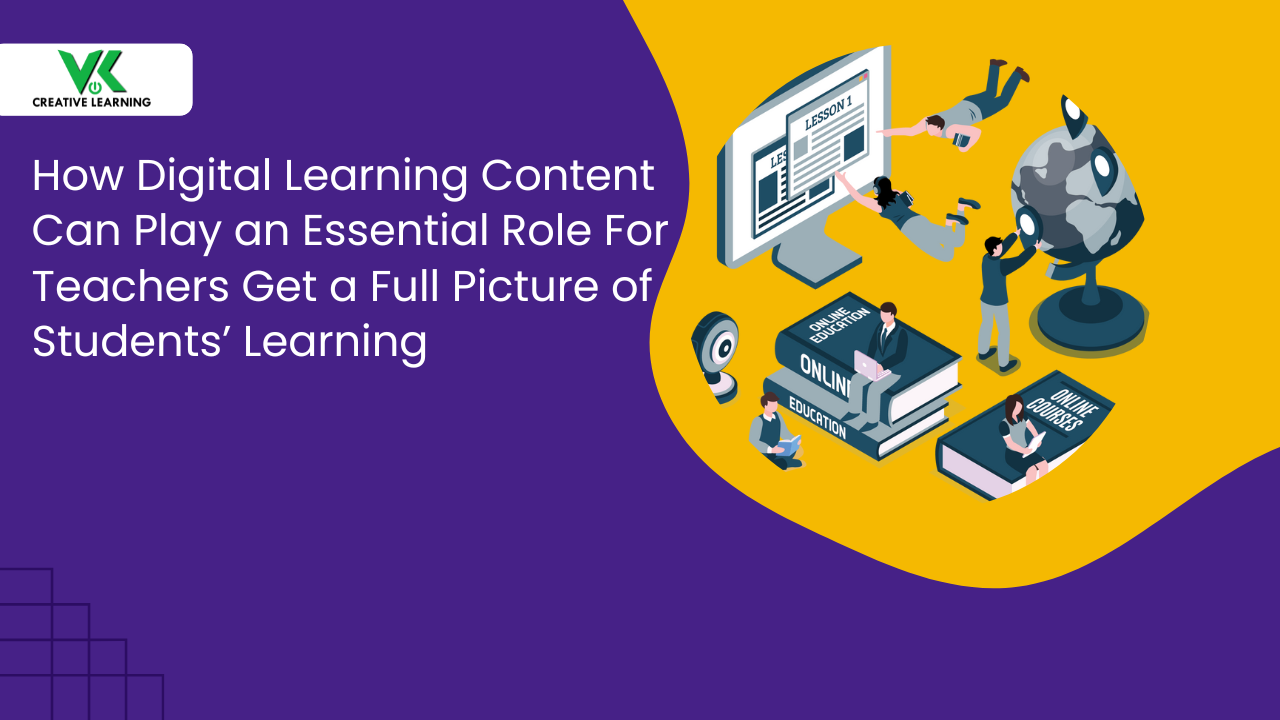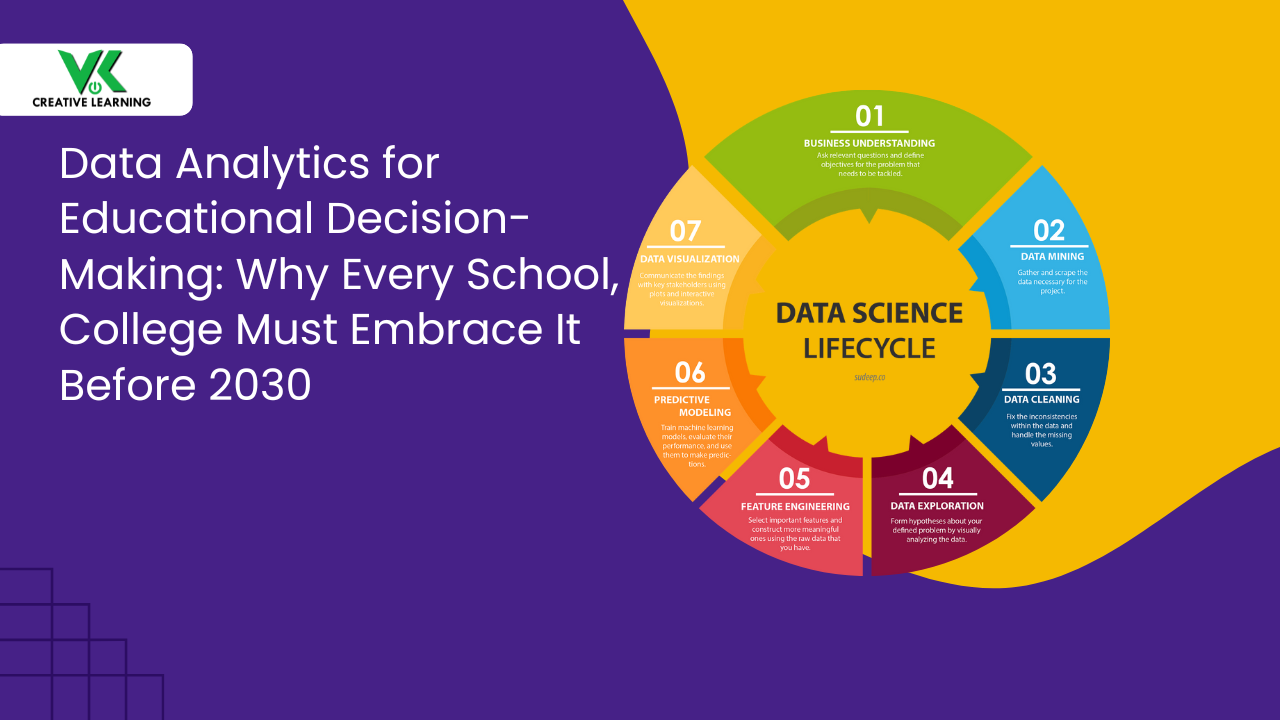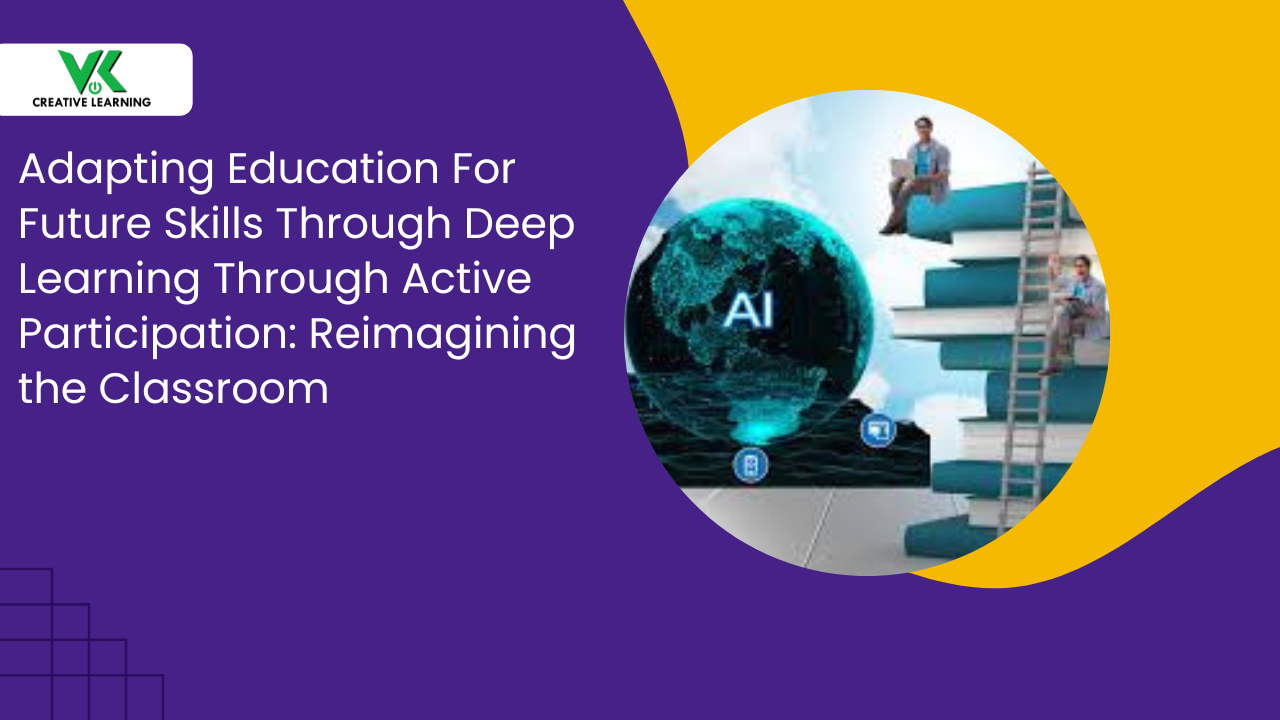From Compliance to Competence: How E-learning LMS Can Ensure Workforce Readiness
April 07, 2025
Learning environments if complicated often present a huge deal of difficulties. This would impede the knowledge absorption of the learners. Also, skill development may be affected and there will be less involvement. Coincidentally, studies indicate that students can feel boredom. In fact, about 50% of the time during each subject to be precise.
Consequently, this also implies that there will be decreased motivation among knowledge-gainers. Also, poor academic performance can be affected. Furthermore, absenteeism can further exacerbate learning gaps. For instance: in Houston , schools indicated a spike in absenteeism levels. This contributed to delaying academic progress. Also, impacted was learners' welfare – how unfortunate?
The challenges extend beyond content – essential learning aspects missing. This happens due to the absence of mention of real-world applications and non-impactful assessments.
Included in the list is a one-size-fits-all approach too. This leads to a low-moving progression for knowledge-seekers. Examples: a retail worker finding it difficult to handle digital sales. Others are factory employees unable to deal with automation or bank associates struggling to comprehend compliance tests.
This is the reason where organizations and educational institutions can utilize LMS e-learning platform. The incorporation of proper processes of learning nurtures skill betterment and knowledge implementation.
Elaborately, LMS learning management systems narrow learning gaps through customized learning pathways. With LMS e-learning, Interactive elements, and real-time progress tracking can be employed.
Importantly, e-learning LMS solutions can reformulate the learning process. This happens as a virtual platform enables upskilling on a continuous basis. The LMS learning management system also includes assessment-based feedback and adaptive content delivery.
Examples: AI-driven e-learning course recommendations aid engineers' understanding. Language-adaptive training can assist employees at different locations. The use of industry-specific compliance modules can be valuable for the workforce to get a hold of different standards.
Thus, LMS content development companies can create e-learning LMS that suits institutes and corporations.
Table of Contents:
What is Learning Management Systems (LMS) in E-learning – An Overview
Application of LMS E-learning in Educational Institutions
Dynamic Corporate Training and Modern Industrial LMS E-learning Training
Innovative Real-Life Application and Steady Progress in Healthcare Industry
Enhancing Critical Technical Skills in the Dynamic IT Industry
The Crucial Imperative of LMS E-learning for the Future
Why LMS E-learning is the Future of Training – Points To Consider
- Adaptive Learning: Shaping Individualized Educational Journeys:
- Dynamic Adaptation in Customized Learning Frameworks:
- Seamless Integration of Contemporary Workplace Skills with Practical Requirements:
- Critical Training:
What is Learning Management Systems (LMS) in E-learning – An Overview
LMS in e-learning comes in handy for multiple purposes. This is applicable to institutes as well as companies that wish to expand learners’ knowledge.
Some of the splendid features that discern the LMS e-learning platform are its administration-based features and upskilling learners' existing knowledge. Furthermore, it can be used to generate reports -- quickly and in an efficacious manner. Plus, LMS e-learning can be utilized smartly to introduce variations to educational courses or training programs.
Beyond this, it can be employed for centralizing the learning resources in several parts of the world. This means that the knowledge seekers can gain accessibility to the content as when they like. This is possible for learners located in any part of the globe. Additionally, even teachers and instructors can make the changes when situations arise.
In this way, an LMS facilitates reliable and systematic processes of learning. Above all, the content remains organized with seamless content distribution.
Application of LMS E-learning in Educational Institutions
When it comes to educational establishments, LMS platforms have completely changed the content delivery mechanism. This has become true with its all-new introduced features -- for learning material management. Thus, schools and universities can incorporate e-learning LMS to make blended learning possible. That is, merge traditional learning (face-to-face instruction) with digitized accessible content.
For example, a high school may think of utilizing an LMS in a virtual platform to provide multiple resources to students. These resources can be lecture notes and assignments (homework).
This ensures that self-paced learning turns possible – knowledge seekers can learn as per their convenience. Importantly, these aspects support diverse learning styles -- slow or fast learners along with visual and other types of learners.
Moreover, students get engaged as they find learning material interesting and it kindles fascination for gaining more information.
Dynamic Corporate Training and Modern Industrial LMS E-learning Training
Organizations using LMS e-learning platforms have soared when it comes to upskilling. Manufacturing firms, on the other hand, can utilize virtual modules for safety training (examples include: risk, hazard, and alert).
Employees can provide micro modules with timer clock access so that employees can take on the challenges of finishing tasks on time. LMS in e-learning is also equipped with the feature of tracking scores. This is helpful for managers so that they can be familiarized with employees' training progress and comprehension gaps can be addressed.
Innovative Real-Life Application and Steady Progress in Healthcare Industry
Healthcare centers can employ e-learning LMS so that newbies can understand the necessary compliance of clinics, labs, and hospitals.
Hospitals can ask professionals to upskill on new technologies and new treatment methods (for example: ER, ICU, ward). During new EHR system rollouts, LMS in the virtual platform can deliver modules.
That is, staff (nurse, technician, and attendant) can be trained on how to use technology. This would ensure a smooth learning process (operations and upskilling) and the hospital can implement a high level of care systems for patients.
Enhancing Critical Technical Skills in the Dynamic IT Industry
The fast-revamping IT sector warrants constant upskilling for IT professionals (in: Agile, DevOps, API). Firms could use LMS e-learning modules so as to teach tech, code, and cyber defense (example: IoT, API, SSL).
For instance, a tech enterprise might think of training employees using LMS harboring modules on breakthroughs of the latest artificial intelligence fads. This measure would ensure workforce mastery (in areas like: ML, NLP, and BigData) and their capabilities remain relevant in today's marketplace.
The Crucial Imperative of LMS E-learning for the Future
As tech makes new headways and accelerates, LMS in e-learning integration will prove acutely essential (esp in domains like: Search Engine Optimization, API, UX, and IoT).
For example, a marketing strategist can learn a lot of advanced digital tactics via modules in a virtual platform. This step will provide ascension to his career. The same goes for SEO specialists (example: SEO, PPC). Further fast upskilling can be achieved in tech spheres through: VR and AR in e-learning.
Why LMS E-learning is the Future of Training – Points To Consider
Adaptive Learning: Shaping Individualized Educational Journeys:
LMS-driven education offers a host of self-paced learning features for learners. Best Part: they can aid learners to work through modules at their own pace. An instance of the same can be: a project manager undergoes a risk assessment e-learning course -- LMS allows to make changes.
A medical teacher can simplify complex anatomical diagrams as it is a part of LMS platform features.
Through LMS e-learning, 3D explainer videos (and real-time-based situations) can be viewed by a field engineer.
Dynamic Adaptation in Customized Learning Frameworks:
LMS e-learning can be tuned to adapt to new instructions and content. The modifications can be carried out per individual metrics. Some examples are: sales newbies may receive suggestions on how to improve sales. Software professionals may receive custom puzzles to encourage critical thinking abilities.
Clinical specialists can check out simulation tasks for better understanding.
Seamless Integration of Contemporary Workplace Skills with Practical Requirements:
LMS platforms can be smartly utilized to align training with daily work responsibilities. The virtual platform can embed realistic tasks through simulations. A situation can be: support agents can be encouraged to practice protocols while dealing with different types of clients.
3D simulation can help strategists to do sales analysis and come up with new ideas for business expansion.
Organizations utilize corporate e-learning to roll out training programs in a systematic way (leadership development, software proficiency, and customer service excellence modules).
Its multi-faceted features allow employees to upskill on the required corporate skills. Includes :project management strategies, decision-making based on analytics, and cross-functional collaboration.
It also incorporates several interactive elements -- gamified assessments (point-based challenges, virtual leaderboards, and achievement badges). Also included in the list are scenario-based simulations (crisis management drills, negotiation role-plays, and client-handling scenarios). Since it can render immersive experiences to learners, knowledge sticks in the mind.
Critical Training:
In the case of the healthcare or manufacturing industry, LMS e-learning can help professionals to stay upskilled through training programs. Its implementation in healthcare includes surgical skill advancements, diagnostic procedures, and patient communication strategies.
It offers simulation-based learning (emergency response drills) that can be used to recreate complex scenarios. It can also render scenario-driven courses (triage decision-making, ethical dilemma resolution, and intensive care protocols). These measures can aid practitioners to make decisions (split-second) with confidence.
LMS e-learning can also be used for compliance tracking (automated monitoring of regulatory training completions and various certification courses).
Conclusion
Organizations seeking robust LMS e-learning solutions should consider VK Creative Learning (VKCL). Reason: VKCL is an industry leader when it comes tp LMS content development.
VKCL specializes in interactive, localized, and industry-specific training solutions, ensuring a seamless learning process.
With AI-driven personalization, adaptive assessments, and multimedia-rich training, VKCL's LMS learning management empowers workforce readiness and skill competency.



